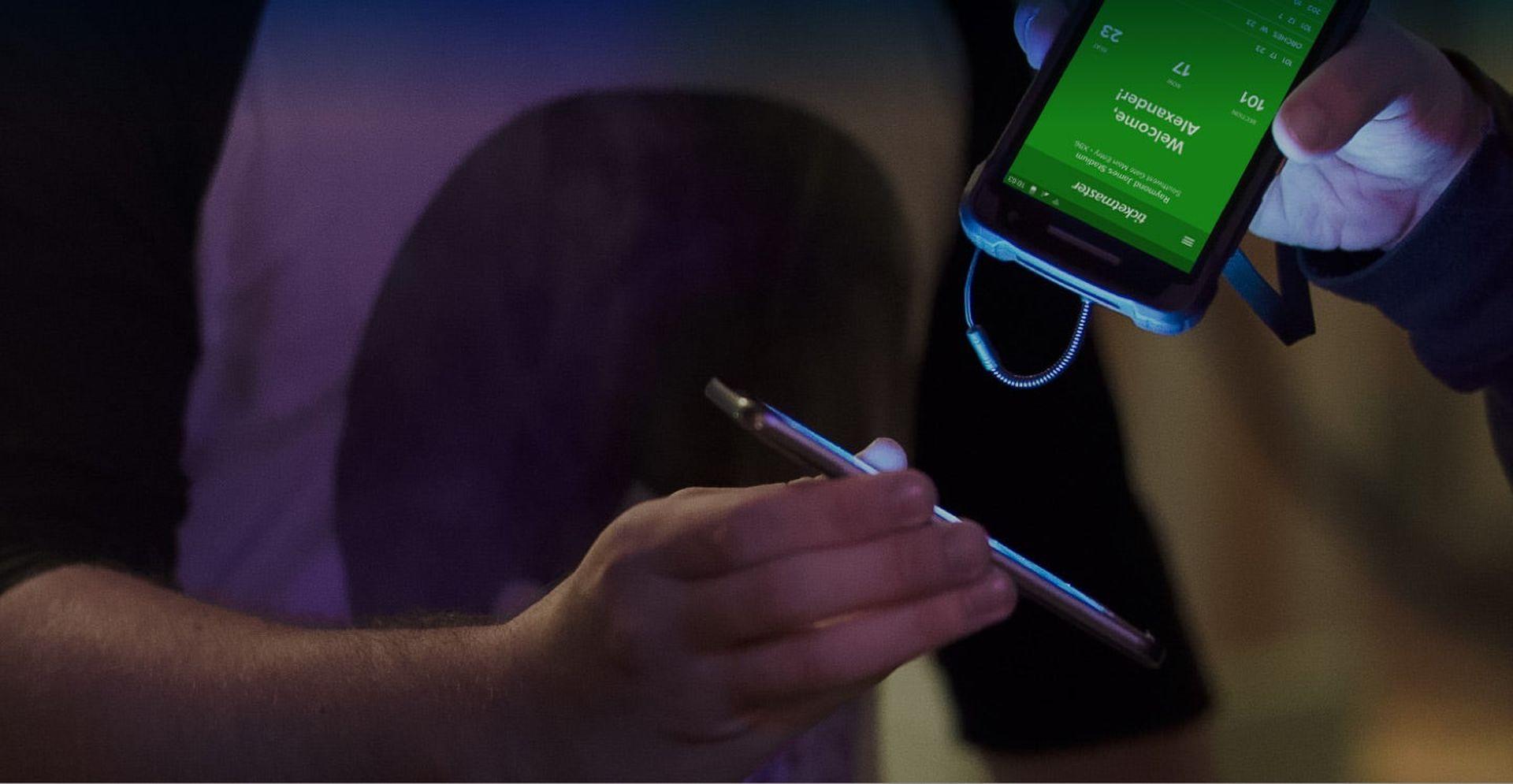The recently filed Ticketmaster Live Nation lawsuit, the parent company, alleges that the company has established an illegal monopoly over the live events industry.
The Ticketmaster Live Nation Entertainment lawsuit highlights the merger between Live Nation and Ticketmaster in 2010, which created a dominant force in the entertainment industry, controlling a significant portion of ticket sales and venue bookings across the country.
What was the driving force behind the Ticketmaster Live Nation lawsuit?
The Ticketmaster Live Nation lawsuit comes in the wake of the highly publicized debacle surrounding Taylor Swift’s Eras tour ticket sales in late 2022. The presale was marred by glitches and lengthy wait times, while the public sale was ultimately canceled due to overwhelming demand.

This incident amplified long-standing frustrations with Ticketmaster’s practices and fueled calls for greater scrutiny of Live Nation’s control over the industry.
Justice department accuses Live Nation of stifling competition
U.S. Attorney General Merrick Garland announced the lawsuit, accusing Live Nation of employing various tactics to “suffocate its competition.” These tactics allegedly include acquiring smaller regional promoters and venues, threatening rivals, and entering into agreements that limit competition.
While the Taylor Swift incident brought Ticketmaster’s issues into the spotlight, the company has faced criticism from various artists and fans for years. From punk bands to podcast hosts, many have voiced their dissatisfaction with Ticketmaster’s high fees, lack of transparency, and controversial practices like dynamic pricing.
Potential breakup in talks
If the Justice Department succeeds in its Ticketmaster Live Nation lawsuit, Live Nation could be forced to divest Ticketmaster, potentially leading to a more competitive landscape in the ticketing industry.
Google powered, Gorillaz performed: Augmented reality concerts are here!
This could open doors for innovative ticketing startups that currently face an uphill battle against Ticketmaster’s dominance. Several companies are already exploring alternative ticketing models, such as blockchain-based solutions or platforms focused on the secondary market.
Live Nation Denies allegations, points to external factors for high ticket prices
Live Nation executive vice president Dan Wall responded to the Ticketmaster Live Nation lawsuit, denying the allegations of monopolistic behavior. He argued that factors like increasing production costs, artist popularity, and online ticket scalping are the primary drivers of high ticket prices, not Ticketmaster’s practices.
Wall also compared Ticketmaster’s 5% take rate to that of other companies like Twitch and Uber, although these comparisons may not be entirely accurate due to Ticketmaster’s additional service fees.

Justice Department aims to restore competition
Attorney General Merrick Garland emphasized the need to “restore competition and innovation in the entertainment industry” by breaking up Live Nation-Ticketmaster. The lawsuit aims to dismantle the alleged monopoly and address concerns about high fees, limited consumer choice, and stifled innovation.
Ticketmaster’s clashes with artists and fans date back decades, with Pearl Jam notably taking on the company in the 1994. More recently, Bruce Springsteen fans expressed outrage over high ticket costs due to dynamic pricing.
The Justice Department’s lawsuit seeks various remedies, including a potential breakup of Live Nation and Ticketmaster, as well as measures to prevent exclusive deals that hinder competition. These remedies could potentially lead to lower ticket prices, empower artists to choose venues more freely, and promote the success of smaller promoters.
Featured image credit: Freepik






